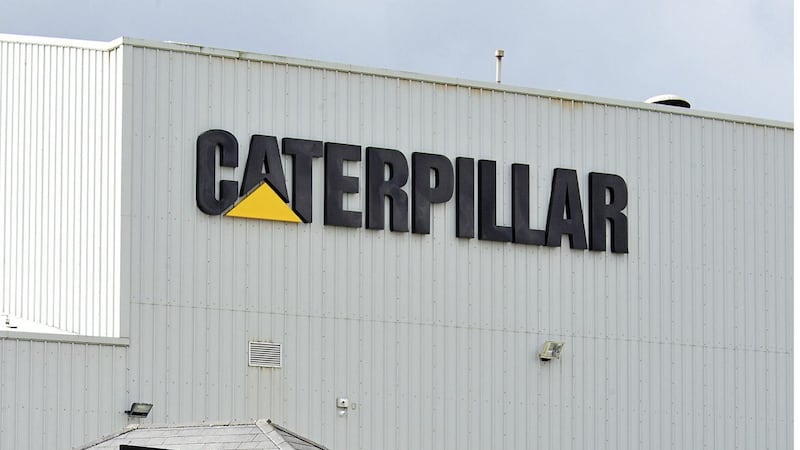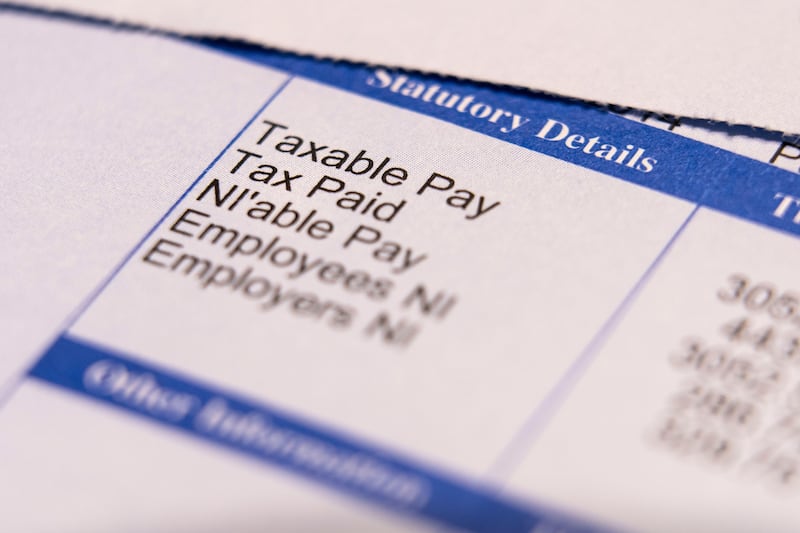THE average increase in wages in the north is falling well below the rate of inflation, new official data shows.
The latest labour market report said median monthly earnings for PAYE workers reached £1,963 in July, an increase of just £2 (0.1 per cent) from June.
The Northern Ireland Statistics and Research Agency (Nisra) estimated wages have increased by 4.7 per cent over the past year, equivalent to an extra £89 a month.
While the median monthly wage has exceeded pre-pandemic levels, the annual increase is less than half the rate of inflation.
UK inflation hit a 40-year high of 9.4 per cent in June, with Bank of England Governor Andrew Bailey forecasting it will exceed 13 per cent.
Coupled with the recent surge in energy prices, it’s expected to have an impact on living standards.
The average wage in Northern Ireland is also lagging behind the wider UK rate, which increased by 6.6 per cent over the year to £2,108.
Nisra said the 4.7 per cent annual rise here was the lowest of the 12 UK regions measured by the Office for National Statistics, with the £1,963 third lowest.
Meanwhile, the number of people in payrolled jobs rose for the 11th consecutive month in July, reaching a record 779,321.
That represents an extra 3,300 roles from June and 19,700 over the year.
But the total number of people in employment still remained around 24,000 down on the pre-pandemic peak, largely due to the impact of Covid-19 on the self-employed sector.
The official unemployment rate stood at 2.7 per cent for July, making for an extremely tight labour market.
Rachel Richardson, employment law director at the Belfast office of law firm DWF said workforce supply and retention will probably continue to be a serious issue for many employers in Northern Ireland in the coming months.
The number of employers preparing to cut jobs also remained relatively low during July, according to Nisra’s report.
“With wages falling at their sharpest rates on record and employees facing the energy bills crisis, as well as rising inflation, employers will need to be willing to pay their employees more,” said Ms Richardson.
“They will also need to consider new and innovative ways of attracting staff into their businesses, including offering enhanced benefits and flexible working options.
“In my view, autumn 2022 may well be a challenging time for both employees and employers in Northern Ireland."








